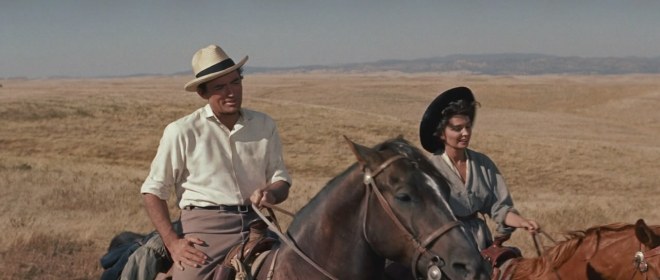 12 Angry Men (Sidney Lumet, 1957)
12 Angry Men (Sidney Lumet, 1957)
Director: Sidney Lumet
Writers: Reginald Rose (story & screenplay)
Cast: Henry Fonda, Lee J. Cobb, Martin Balsam, E.G. Marshall,Jack Klugman
Genre: Drama
About: A fictionalized account of a jury of 12 men, 11 who want to convict a young man on a murder charge...And 1 hold out juror (Henry Fonda), who believes there's evidence enough to question the fairness of the trial.
: I seen this movie years ago and at the time really liked it. But when I watched it again with a critical eye, I found it to be heavy on propaganda and pushing a pacifist ideology, and it's not very convincing at doing either. The movie comes on like a sledge hammer with the 11 jurors who want to convict, looking like utter fools, as they foam at the mouth with their ridiculous reasons for wanting a guilty verdict. Their reasons to convict are so contrived and outright silly that it demotes the 11 jurors to mere cartoon caricatures.
Meanwhile the only 'sensible' person is the calm and collected juror played by Henry Fonda who believes the accused might be innocent. Then he precedes to come up with numerous reasons to support his belief. The reasons are the key to this movie. Had his reasonings had solid logic behind them, this would have been a better film, but the reasons for a not guilty verdict have more holes than swiss cheese.
I found the acting way over the top...especially Lee J. Cobb who tore up the scenery. He was so audibly loud that he drowned out the other actors. Lee J. Cobb, Ed Begley and the guy who wanted to convict the accused of murder so that he could get to the ball game, were the worst of the two-dimensional caricatures. Tension is created by repeatly yelling '
let's hurry up!'...
'not another vote!' And they were yelling that with in minutes of getting into the jury room too, which is way too hard to believe.
The 'antagonist jurors' don't hold to their guilty verdict out of a belief in facts but instead have 'personal demons' that cause them to cast a guilty vote...They don't act or speak out of their convictions in the trails facts...
(that would have been interesting!). Their function in the film was to yell and bully the other jurors to create tension, and that's lazy writing. They're written as court jesters, and that too is lazy writing.
The film lays it on too thick and lacks any subtly. It would have been a much better film if there was at least some tangible evidence for the 'voted guilty jurors' to have a foundation for their belief that the accused was indeed guilty.
I was however impressed with the cinematography, especially the establishing camera shot of the court house building. I loved the way the camera made the building look monolithic and imposing. Then the camera goes inside to an upper deck and looks down at the people coming into the building, and it makes them look so small and insignificant....Brilliantly done!
Then the camera shot becomes close up & personal as we follow different people down the long corridors. Finally the camera pauses for 2 seconds at these huge and foreboding courtroom doors. Then into the courtroom itself.....What a wonderfully done opening shot! To bad the script and the questioning of evidence hadn't been up to the same level of excellence.







 "If it don't fit, you must acquit"
"If it don't fit, you must acquit"